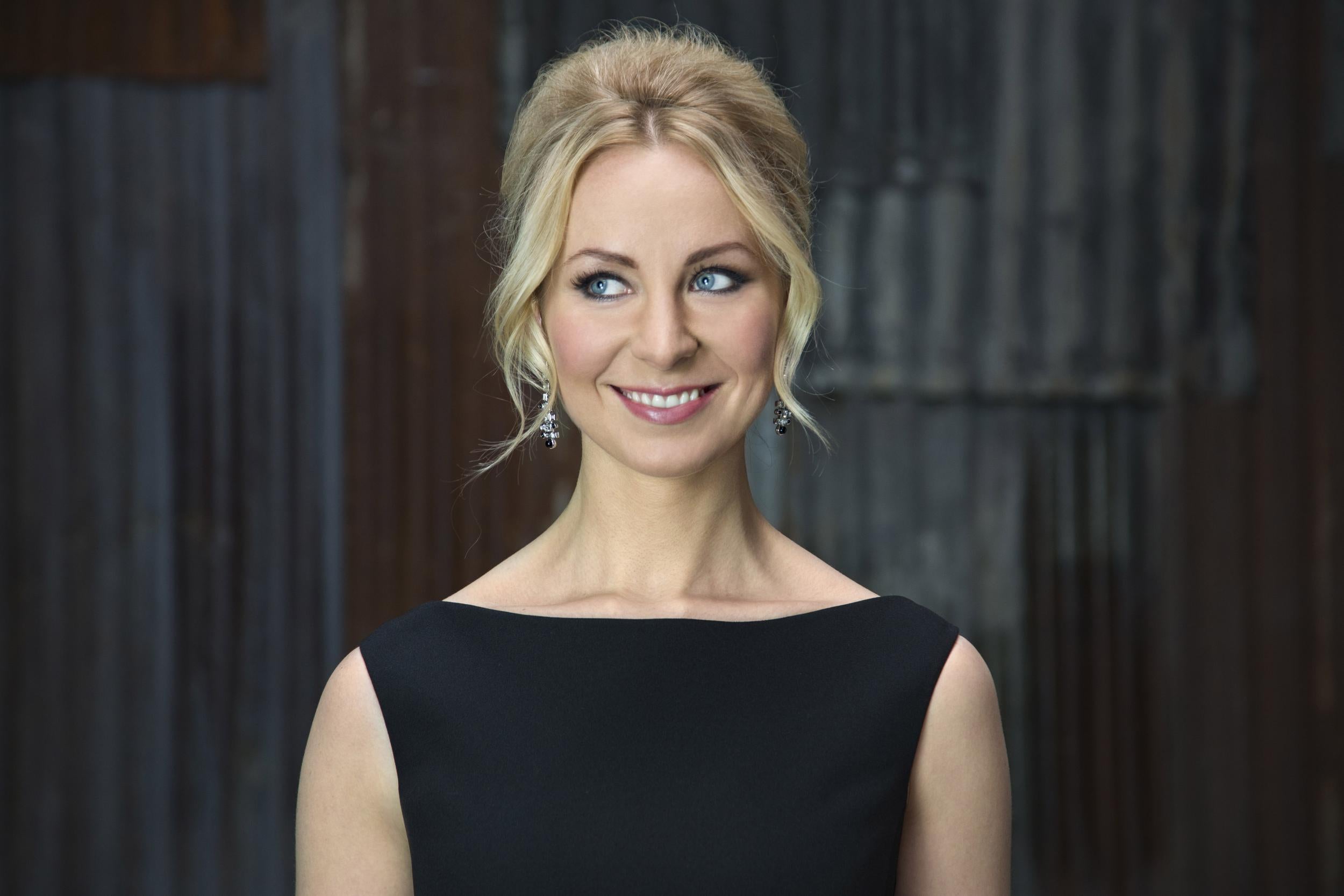Proms 2018, Prom 44: Debussy, Ravel & Boulanger review
City of Birmingham Symphony Orchestra, Ludovic Morlot, Royal Albert Hall, London

Claude Debussy may be in the anniversary limelight this year, but sharing the centenary of his death is another French composer – Lili Boulanger. Before dying at just 24 years old, Boulanger became the first female composer to win the prestigious Prix de Rome, producing a handful of works that already show a singular musical voice, making it clear exactly how much we lost at her early death.
At the heart of the City of Birmingham Symphony Orchestra’s all-French prom was Boulanger’s setting of Psalm 130 Du fond de l’abime. Scored for large orchestra, organ, chorus and mezzo-soprano, the work is a musical plea, a prayer, a howl: “Out of the depths I cry to thee, O Lord”. The effect is filmic, the darkness (tubas, low strings and basses) pervasive, but tempered, heartbreakingly, by distant glints of light from the harp.
The CBSO and an immaculate CBSO Chorus gave us violence, but it was the hope that really told – moments of tenderness from soloist Justina Gringyte, the fragility of the tenors, clutching upwards towards redemption.
Boulanger is often compared to Debussy, but framed by the composer’s Prelude a l’apres-midi d’un faune and his three orchestral Nocturnes, the contrast was marked. While the Debussy is painted with a thick brush, smeared with tactile energy onto the ear, the Boulanger is precise, fine work.
The latter seemed the better fit for conductor Ludovic Morlot, whose controlled, understated approach is world away both from the orchestra’s current music director Mirga Grazinyte-Tyla and predecessors Andris Nelsons and Simon Rattle.
His faun found plenty of lazy summer haze, but not a lot of sensuality. The altogether franker eroticism of Ravel’s Bolero – its dance-melody repeated again and again in a relentless crescendo until it reaches a gloriously vulgar climax in the trombones – came off better, catching the restless hall and setting even the staunchest of Brexiteer hips swaying.
Join our commenting forum
Join thought-provoking conversations, follow other Independent readers and see their replies
Comments
Bookmark popover
Removed from bookmarks